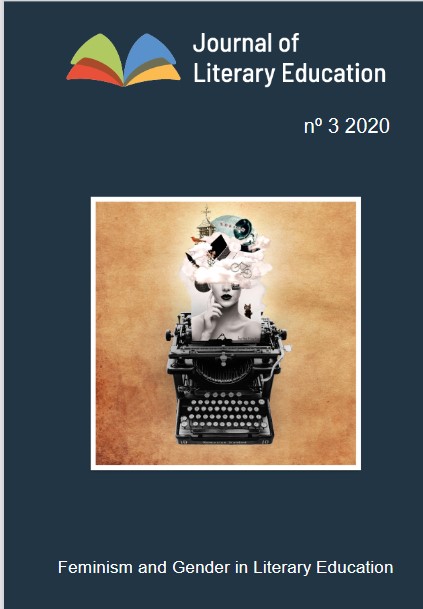Portraying Trans People in Children’s and Young Adult Literature: Problems and Challenges
DOI:
https://doi.org/10.7203/JLE.3.15992 Abstract
Abstract
The last twenty years have seen a proliferation of books for young people dealing with trans experience and issues. This article charts the emergence of transgender fiction for children and young adults, and its development during that period. It will address several questions arising from this phenomenon. How does the representation of trans experience differ when presented for a child readership rather than adults, and for younger children rather than adolescents? How are the representations of gender identity, gender expression and sexuality affected by considerations of audience? What are the tropes (or clichés) of trans fiction, and how have they changed? Whose points of view do the stories represent? Does it matter whether their authors are themselves trans? Is it more possible today than twenty years ago to assume some knowledge in child readers, or must every story “start from scratch”?
There is no single answer to any of these questions, but the article will note some of the trends discernible over a range of texts published in English since the start of the century, and describe some of the challenges in writing texts about trans experience in the future.
 Downloads
Downloads
Downloads
Published
-
Abstract1114
-
PDF701
Issue
Section
License
![]()
This work is licensed under a Creative Commons Attribution-NonCommercial-NoDerivatives 4.0 International License.
Authors who publish with this journal agree to the following terms: Authors retain copyright and grant the journal right of first publication with the work simultaneously licensed under a Creative Commons Attribution License that allows others to share the work with an acknowledgement of the work's authorship and initial publication in this journal. Authors are able to enter into separate, additional contractual arrangements for the non-exclusive distribution of the journal's published version of the work (e.g., post it to an institutional repository or publish it in a book), with an acknowledgement of its initial publication in this journal. Authors are permitted and encouraged to post their work online (e.g., in institutional repositories or on their website) prior to and during the submission process, as it can lead to productive exchanges, as well as earlier and greater citation of published work (See The Effect of Open Access).



